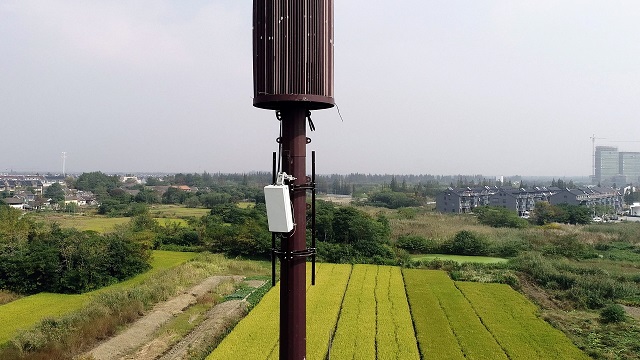Federal Communications Commission (FCC) is aiming to establish a $9 billion 5G Fund for Rural America for ensuring 5G connectivity across the United States.
 The 5G Fund would specifically target rural areas that would not see timely deployment of 5G service absent support and are not likely to be covered by the T-Mobile transaction commitments. The FCC will vote on the Notice of Proposed Rulemaking at its April 23 Open Meeting.
The 5G Fund would specifically target rural areas that would not see timely deployment of 5G service absent support and are not likely to be covered by the T-Mobile transaction commitments. The FCC will vote on the Notice of Proposed Rulemaking at its April 23 Open Meeting.
“The 5G Fund for Rural America focuses on building out 5G networks in areas that likely would otherwise go unserved. It’s critical that Americans living in rural communities have the same opportunities as everybody else,” FCC Chairman Ajit Pai said.
T-Mobile, which has completed its merger with rival Sprint, has committed to deploying 5G network to 99 percent of Americans within six years, including covering 90 percent of rural America. FCC said some rural areas will not see the benefits of 5G business if there are insufficient financial incentives for mobile wireless carriers to invest in 5G networks in rural areas.
FCC is proposing to use Universal Service Fund to ensure the reach of 5G network to rural Americans. Building on the success of the Connect America Fund Phase II auction and the upcoming Rural Digital Opportunity Fund Phase I auction, the FCC is proposing to award funding for 5G services through a reverse auction.
The FCC is seeking comment on two options for identifying areas that would be eligible for 5G Fund support:
Under one approach for Phase I, FCC would hold an auction in 2021 by defining areas that lack any mobile broadband service. The proposal would prioritize areas that have historically lacked 4G LTE or 3G service.
The second approach would delay the 5G Fund Phase I auction until 2023, after collecting and processing improved mobile broadband coverage data through the Commission’s new Digital Opportunity Data Collection.
Phase II of the 5G Fund would target support to bring wireless connectivity to harder to serve and higher cost areas, such as farms and ranches, and make at least $1 billion available for deployments that would facilitate precision agriculture, FCC said.
